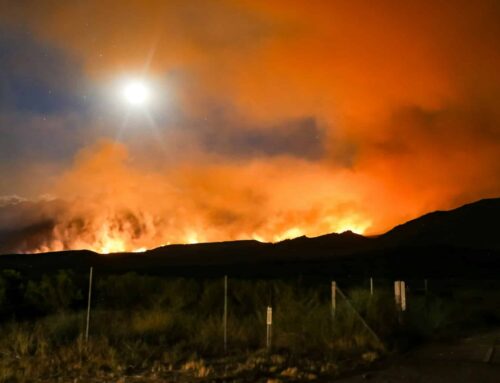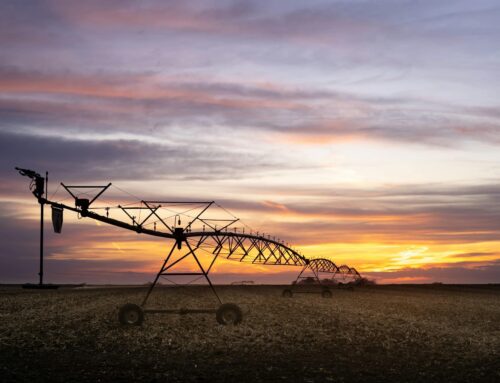In response to active hurricane and wildfire seasons in 2017, Congress appropriated $2.36 billion in “emergency” funds to compensate farming and ranching businesses for economic losses due to natural disasters. This “emergency” natural disaster supplemental, the first in nearly a decade to include agricultural income assistance, planted the seed for what has grown into a costly, redundant, agricultural income entitlement program.
Through six acts spanning less than four years, Congress and the United States Department of Agriculture (USDA) directed more than $16 billion in “emergency” income subsidies through “temporary” assistance programs. These funds are in addition to the $15-20 billion provided annually by farm bill safety net programs.
Congress’ now repeated appropriation of “emergency” unbudgeted income subsidies for agricultural businesses, is problematic. Costly mandatory farm bill entitlement programs were supposed to displace the need for unpredictable ad hoc aid. In addition, the revival of annual ad hoc subsidies discourages responsible risk management by extending federal responsibility to perils and economic losses that have never been the responsibility of the federal government. Distributing ad hoc aid, at times years after disasters strike, also fails to help producers increase their resilience to climate risks or natural disasters.
Originally intended to respond to the impact of 2017-2019 hurricanes and wildfires, agriculture disaster spending has morphed into an ever-expanding slush fund covering everything from moldy corn and maple sap to sugar beets and sea grass. Instead of further increasing agriculture’s reliance on federal subsidies, Congress should be more judicious in designing the financial safety net for agricultural businesses. Congress should ensure federal disaster assistance does not undermine the federal crop insurance program or efforts to create a more cost-effective, accountable, and transparent farm safety net that is responsive to need.
Download or read the fact sheet below.













Get Social